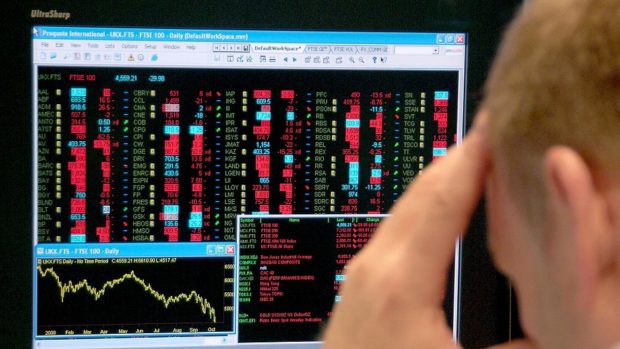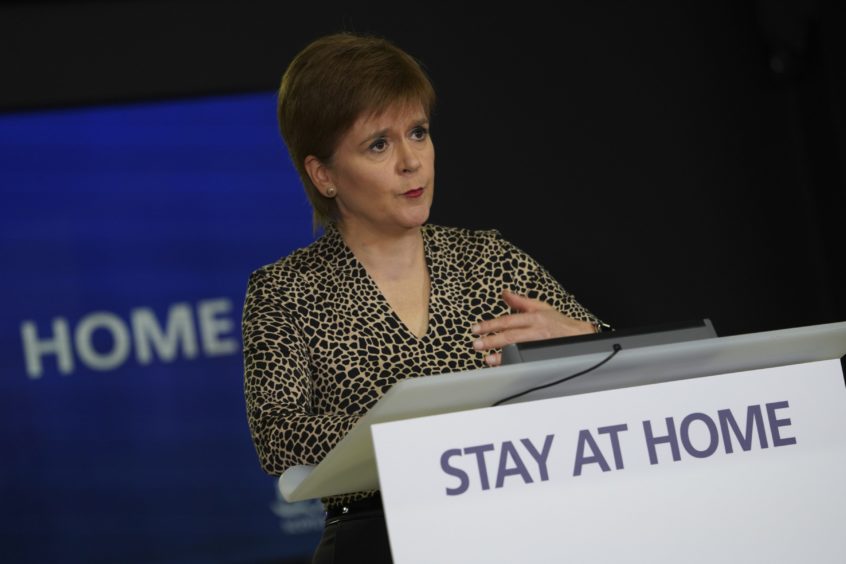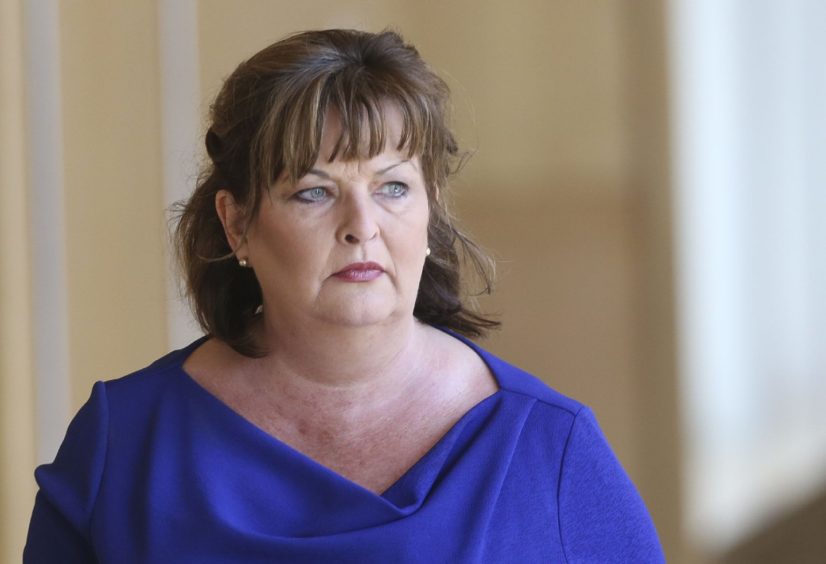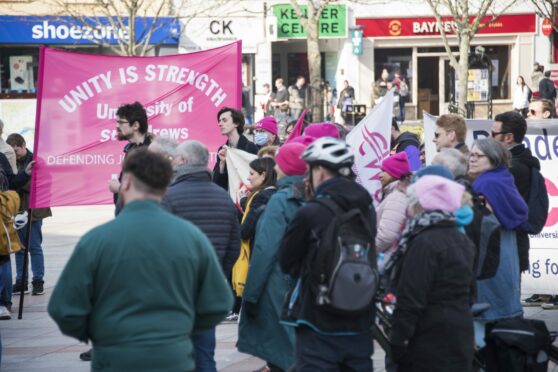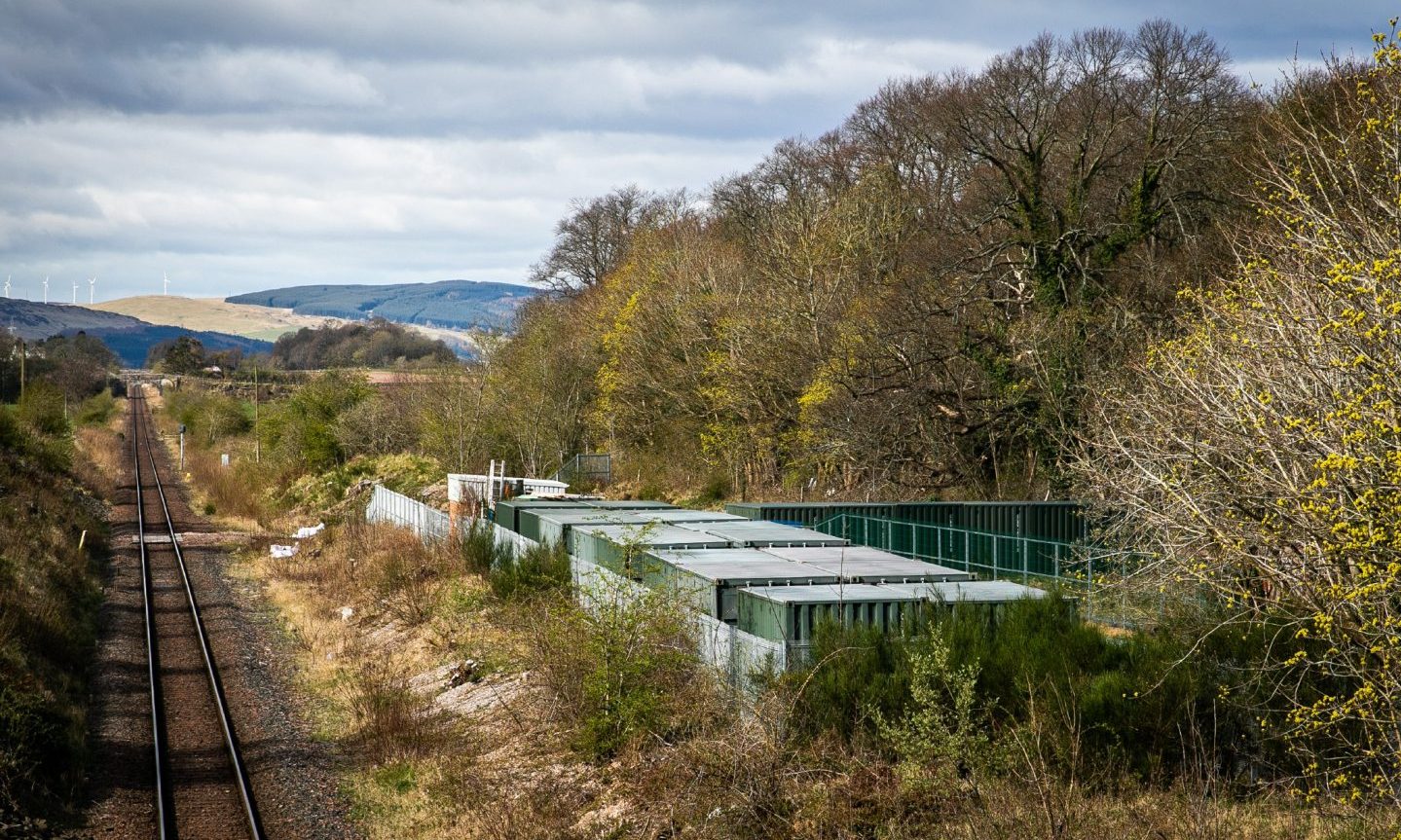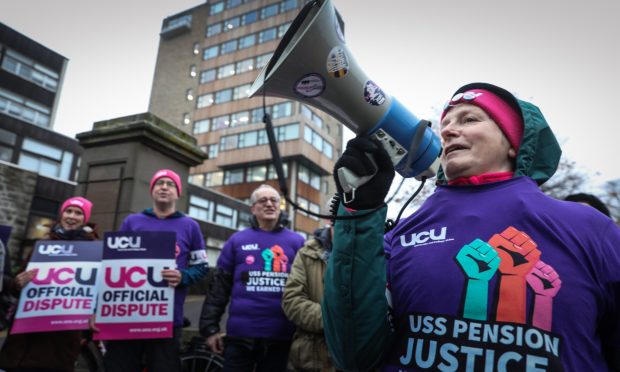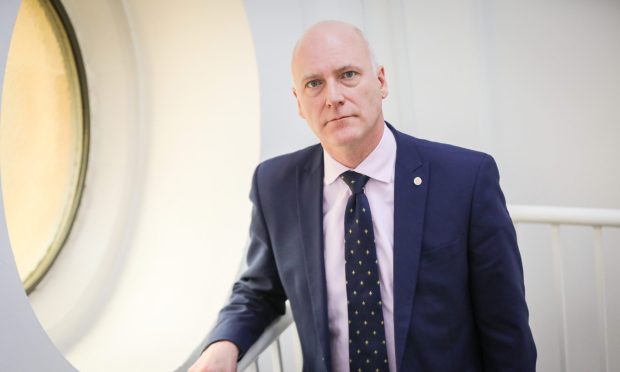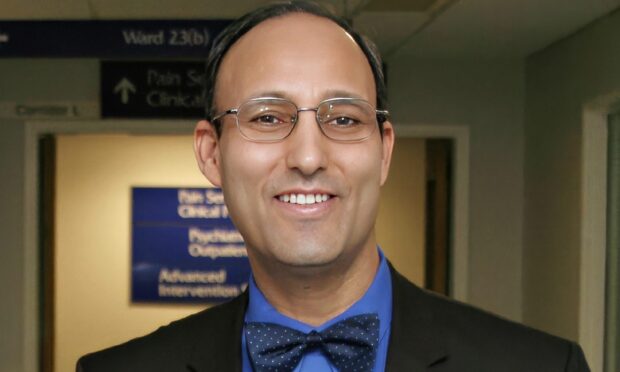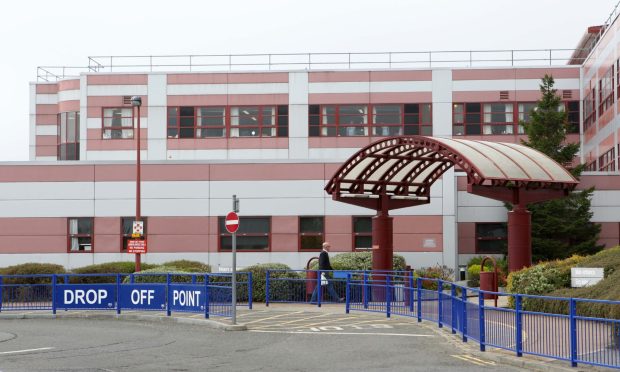Scotland’s economy is not expected to recover to pre-coronavirus levels until at least 2023, the country’s chief economist has warned.
Government economist Gary Gillespie also warned unemployment could rise to as much as 10% by the end of this year as a result of the Covid-19 lockdown.
The official current unemployment rate in Scotland is 4.1%, but the government has warned this could be closer to 7% following a 70% rise in unemployment claims made in April.
The report highlights more than 750,000 will have been impacted by either people being put on to the furlough scheme or self-employed people being unable to work.
First Minister Nicola Sturgeon said “everything possible” would be done to support livelihoods.
She also noted the “importance” of laying the groundwork now for a sustainable economic recovery, but would not be drawn on whether this would be done with an end goal of Scottish independence.
First minister’s focus on tackling virus
The SNP leader did say she was looking forward to the “normality” of being able to talk about the “constitutional debate” once the pandemic was over.
She said: “Everyone knows my view on independence. I want Scotland to be an independent country, I think that brings lots of benefits.
“But that’s not my focus right now. My focus is tackling coronavirus, making sure we are tackling the health implications of the virus by suppressing it and stopping it running out of control again, and doing everything we can to support the economy.
“For the moment, that is going to continue to be my focus, and to encourage people to come together and do the right thing.
“I hope sooner rather than later we’ll all get back into much more normality where the constitutional issues and the political debates we rightly have as part of a healthy, vibrant democracy will come to the fore again.
“But I’m going to keep my focus for now on the immediate challenges that lie ahead for the country. That’s my duty as first minister for all the country.”
She added: “I hope Scotland will be an independent country as soon as possible. But whether or not Scotland is an independent country is down to not just me, it’s down to the majority of the people of Scotland.”
Fraser of Allander warning
Meanwhile, Fraser of Allander institute suggested Scotland’s economy could “lag” behind the rest of the UK’s due to lockdown measures being lifted earlier elsewhere.
They said: “Consumer demand appears to be recovering in certain sub-sectors of the economy but remains well below trend overall.
“This has resulted in a decline in revenue for two thirds of all Scottish businesses. Moreover, the faster easing of lockdown measures in England relative to Scotland may have caused consumer demand in Scotland to lag slightly behind demand in the rest of the UK.
“A similar situation is playing out in the English and Scottish housing market, where we are seeing a temporary divergence in demand between the two countries.”
Economy to reopen “gradually”
Economy Secretary Fiona Hyslop said: “These figures show in stark terms the economic damage caused by the Covid-19 pandemic.
“I am aware that many people will be deeply concerned about their livelihoods as we start to emerge from lockdown and the Scottish Government has been working tirelessly to keep businesses afloat and ensure as few people as possible lose their jobs.
“We have offered more than £2.3 billion to businesses to support them through this crisis, with £104 million having been awarded from the Scottish Government Business Support Fund alone, helping more than 2,500 businesses and 4,160 self-employed people in the space of just a month.

“It is critical that we now gradually reopen the economy, following the route map out of lockdown that we have drawn up in close consultation with business organisations, trades unions and regulators. During this critical phase we will continue to work with employers so that they can safely get back to work and help the economy on its path to recovery.
“Given the scale of the challenge being faced by the Scottish economy in dealing with this crisis, the last thing our businesses need is the further economic turmoil that would occur under a no-deal Brexit. That is why we have repeated our calls for the UK Government to agree an extension to the transition period.”
